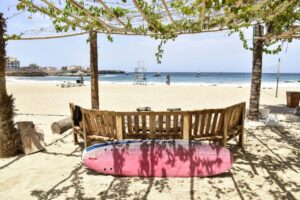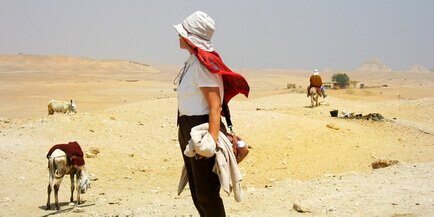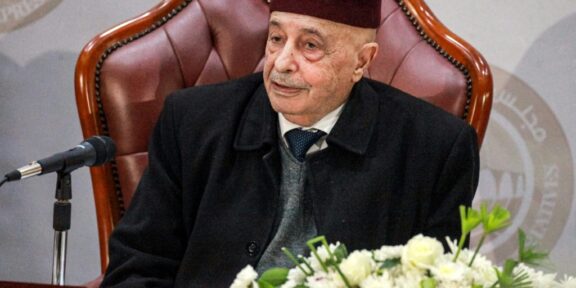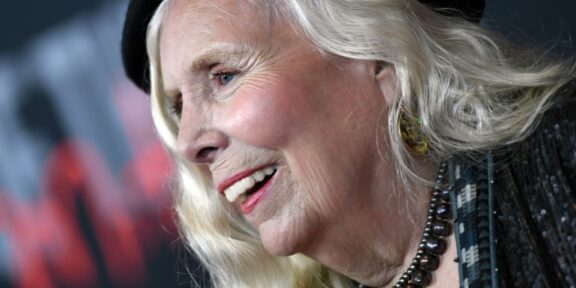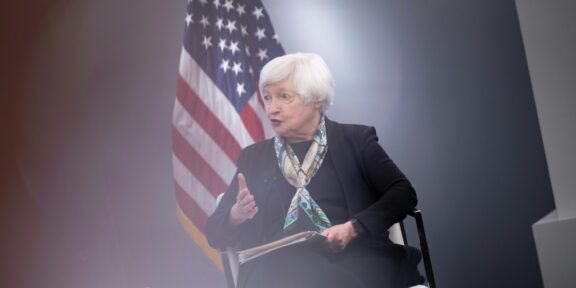Left-wing candidate Jose Maria Neves has won the Cape Verde presidency in the first round of voting, according to provisional results published on an official website.
Neves won 51.5 percent of the vote according to results based on 97 percent of votes counted. A first-round absolute majority means the election does not need to go to a second round run-off.
Neves, 61, who served as prime minister of the tiny west African nation between 2001 and 2006, ran for the opposition African Party for the Independence of Cape Verde (PAICV). The PAICV ruled the former Portuguese colony when it was a one-party state.
His main rival, another former prime minister, was 71-year-old lawyer Carlos Veiga, won 42.6 percent of the votes counted.
Veiga was the candidate of the centre-right Movement for Democracy (MpD), which has a majority in parliament.
Turnout for the election was 48.3 percent.
Veiga acknowledged defeat on television, congratulating his rival.
If the results are confirmed by the electoral commission, the left-wing president and the centre-right ruling party will have to find a way to cooperate politically.
Sunday’s election comes six months after the MpD won parliamentary elections, beating the PAICV into second place.
Between them, the two parties have run the country since it won independence from Portugal in 1975.
Under Cape Verde’s semi-parliamentary political system, the prime minister has executive powers while the president acts as arbiter.
– Post-Covid recovery debate –
The election campaign was marked by debate over the future for the tiny west African nation battered by the Covid-driven slump in global tourism.
Prior to the pandemic, visitors accounted for a quarter of the economy for the volcanic archipelago, a former Portuguese colony of half a million inhabitants lauded for its stable government and smooth democratic transitions of power.
GDP shrank by 14.8 percent last year and many hotels and restaurants closed as coronavirus fears and restrictions kept hundreds of thousands of visitors away.
Soaring inflation is another concern. Since the beginning of the month, the price of water and electricity has risen by 37 percent.
A total of 398.864 people were eligible to vote, including 56,000 Cape Verdeans living overseas, choosing between seven candidates.
Outgoing president Jorge Carlos Fonseca (MpD) could not run again, having already served the maximum two terms.
Cape Verde is home to just over half a million people, living on 10 arid islands scattered around 500 kilometres (300 miles) off Guinea-Bissau and Senegal.
The islands were uninhabited until they were settled in the 15th century by Portuguese traders who brought in slaves from the African mainland.
The country is ranked second for governance in Africa on the index drawn up by the Mo Ibrahim Foundation, after Mauritius.
Since Cape Verde staged its first free elections in 1991, it has never recorded any violence linked to election campaigns or their results.
mln-lal/jj/caw